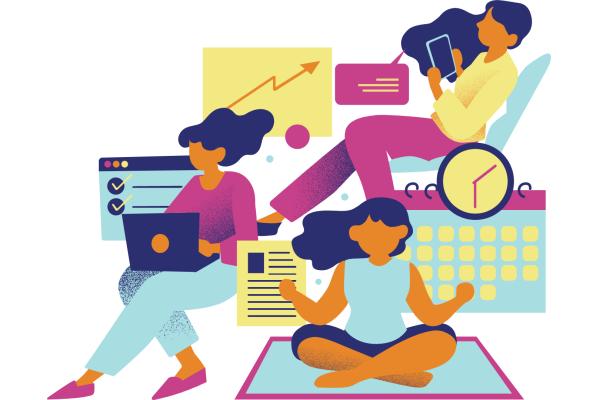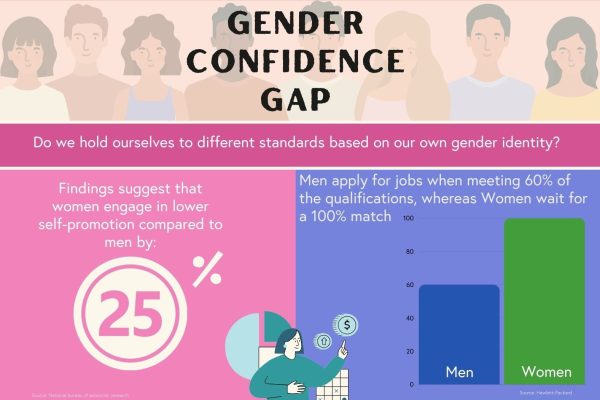Special Report: Millennials in Professional Services – face the challenges and embrace the opportunities
3 min read
A series of ‘Points of View’ articles based on latest research, client interviews, surveys & academic papers on the role of Millennials in professional services.
The Millennial generation, with their unique attitudes and values, combined with an identified skills gap, pose significant challenges for professional services firms but also provide great opportunities if their potential can be harnessed.
Based on latest Millennials research, client interviews, surveys and academic articles, we have written a short series of articles giving our Points of View on the current situation and outlining potential implications for professional services leaders, particularly with regards to learning and development, HR strategy and future leadership decisions.
By 2020, Millennials will form 50% of the global workforce. It is time for professional services firms to face the challenges and embrace the opportunities offered by this unique generation of employees…
Discover our Millennials in Professional Services Special Report Series:
Part 1: Who are Millennials and why should professional services firms care?
Summary: For some, Millennials are lazy, narcissistic, job-hopping, praise seeking, entitled, skill-lacking, under-prepared digital addicts. Others see them as digitally proficient, adaptable, confident, creative, knowledge-seeking catalysts for accelerated business change.
From recent client conversations and speaking to many professional services firms we know that one of the key questions currently being asked by senior managers and directors of professional services firms is how to face the challenges and embrace the opportunities offered by the Millennial generation…
Part 2: The Millennials’ Skills Gap – so what, why and what to do about it?
Summary: Recent research of both employers and Millennials has found both groups agreeing that current education systems do not help students attain the required skills and behaviours to succeed in business.
This Point of View article outlines potential reasons why education is not giving students the required skills to survive in a real business environment and discusses why the perceived skills gap should be of concern to business leaders in professional services.
Part 3: Defining a professional services career skillset for Millennials
Summary: In order to formulate a learning and development strategy to overcome the perceived skills gap among Millennials, firms must first define the rounded skillset required to succeed in a 21st Century professional services environment.
Moving beyond the concepts of ‘soft skills’ and ‘emotional intelligence’, the article defines human skills required by Millennials as either:
Competencies – needed to approach complex challenges at work, and
Character Qualities – needed in the new work environment
Part 4: Developing ‘Human Skills’ among the Millennial professional services workforce
Summary: Millennials are different, with their own unique attitudes and values. They want to learn and they want to work hard, they just want to learn and work differently to previous generations. Firms who show commitment to the learning and development of their Millennial workforce will gain loyal, committed and engaged employees.
This article provides a potential framework that professional services might follow to develop ‘human’ skills among their Millennial workforce. The proposed framework is based on the McKinsey Quarterly article of June 2003 entitled “The Psychology of Change Management”.
Summary: Professional services firms should be under no illusion – the Millennials are coming. In the next few years, Millennials will make up the largest proportion of the workforce and will become the leaders of your firm.
Using real examples, this article examines how firms should start to adapt their cultures (behaviours, processes and mindsets) to become more compatible with the attitudes of their Millennial employees without forgetting that Millennials also have a role to play.
Firms who continue to maintain a ‘traditional’ culture could well be perceived as out-dated and old-fashioned and will not be where Millennials decide to pursue a fulfilling and engaging career. The only way to change a ‘traditional’ culture is to change its associated traditions. Stop eulogising about the past but instead establish new traditions that are compatible with the attitudes of Millennials.
Firms should seize the opportunity to redefine their version of ‘traditional’ – otherwise, be under no illusion, the Millennials and market will redefine it for them…



